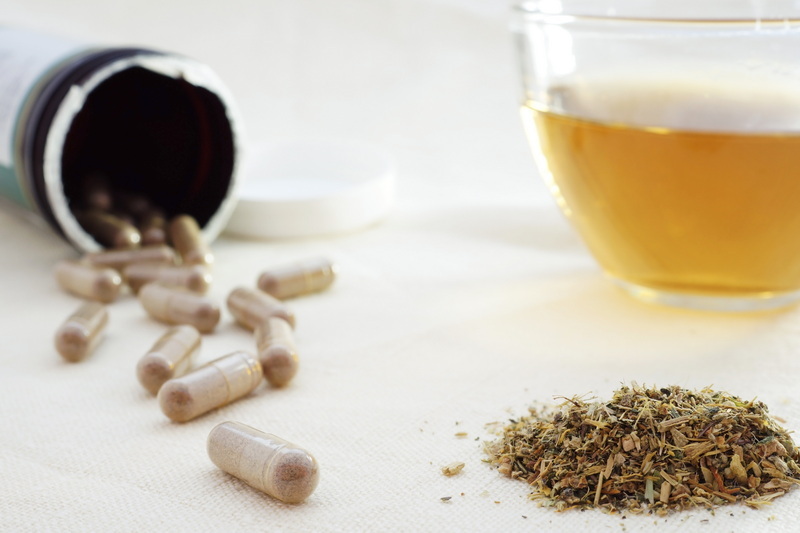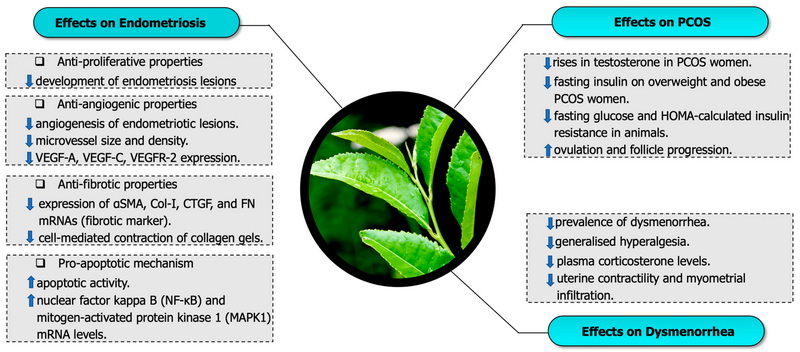Content Menu
● Understanding Green Tea Extract
● Health Benefits of Green Tea Extract
● Recommended Dosage
● Risks of Excessive Consumption
● How to Safely Incorporate Green Tea Extract
● Conclusion
● FAQs
>> 1. What is the maximum safe dosage of green tea extract?
>> 2. Can green tea extract cause liver damage?
>> 3. Are there any side effects from taking green tea extract?
>> 4. Should I take green tea extract on an empty stomach?
>> 5. Can I drink regular green tea while taking supplements?
● Citations:
Green tea extract (GTE) is widely recognized for its health benefits, including weight loss, improved brain function, and antioxidant properties. However, like many supplements, it is essential to understand the potential risks associated with excessive consumption. This article delves into the question of whether one can take too much green tea extract, exploring its benefits, recommended dosages, side effects, and safety considerations.

Understanding Green Tea Extract
What is Green Tea Extract?
Green tea extract is derived from the leaves of the Camellia sinensis plant and is rich in polyphenols, particularly catechins. The most notable catechin in green tea is epigallocatechin gallate (EGCG), which is believed to contribute significantly to its health benefits. GTE is available in various forms, including capsules, powders, and beverages.
Health Benefits of Green Tea Extract
1. Antioxidant Properties: GTE is known for its high antioxidant content, which helps combat oxidative stress and may reduce the risk of chronic diseases. Antioxidants neutralize free radicals in the body, preventing cellular damage that can lead to conditions such as cancer and heart disease.
2. Weight Loss Support: Studies suggest that GTE can aid in weight loss by enhancing metabolism and fat oxidation. The catechins in green tea have been shown to increase thermogenesis—the process by which the body generates heat and energy from digesting food—thereby burning more calories.
3. Heart Health: Regular consumption of green tea has been linked to improved cardiovascular health due to its ability to lower cholesterol levels and improve blood circulation. Research indicates that GTE may help reduce LDL cholesterol (often referred to as "bad" cholesterol) while increasing HDL cholesterol ("good" cholesterol).
4. Brain Function: Some research indicates that GTE may enhance cognitive function and reduce the risk of neurodegenerative diseases such as Alzheimer's and Parkinson's disease. The antioxidants in green tea can help protect neurons from damage and improve overall brain health.
5. Blood Sugar Regulation: Green tea extract may also play a role in regulating blood sugar levels. Some studies suggest that it can improve insulin sensitivity and lower blood sugar levels, making it beneficial for individuals with type 2 diabetes.
6. Anti-Inflammatory Effects: Chronic inflammation is linked to various health issues, including heart disease and cancer. The anti-inflammatory properties of GTE may help reduce inflammation in the body, promoting overall health.
Recommended Dosage
The optimal dosage of green tea extract can vary based on individual health needs and product formulation. Generally, a daily intake of 300 mg of EGCG is considered safe for most adults. This amount can typically be achieved through:
- 3 to 5 cups of brewed green tea per day
- Supplemental forms, which may contain concentrated doses ranging from 100 mg to 1,000 mg of EGCG per serving.
It is crucial to follow the manufacturer's recommendations and consult with a healthcare provider before starting any new supplement regimen.

Risks of Excessive Consumption
While green tea extract offers numerous health benefits, excessive intake can lead to adverse effects. Here are some potential risks associated with high doses:
1. Liver Damage: High concentrations of EGCG have been linked to hepatotoxicity in some cases. Symptoms may include jaundice (yellowing of the skin and eyes), nausea, and abdominal pain. Although rare, these severe reactions highlight the importance of moderation.
2. Caffeine Sensitivity: GTE contains caffeine, which can cause insomnia, anxiety, irritability, and headaches in sensitive individuals. Those who are sensitive to caffeine should monitor their total intake from all sources.
3. Gastrointestinal Issues: Overconsumption may lead to gastrointestinal distress such as nausea, vomiting, diarrhea, and bloating. These symptoms are often more pronounced when taking GTE on an empty stomach.
4. Interactions with Medications: GTE may interact with certain medications, potentially affecting their efficacy or increasing side effects. For example, it can interfere with anticoagulants (blood thinners) like warfarin or medications for high blood pressure.
5. Reduced Iron Absorption: Green tea contains tannins that can inhibit iron absorption from food sources. Individuals with iron deficiency or those at risk should be cautious about consuming high amounts of green tea extract.
How to Safely Incorporate Green Tea Extract
To enjoy the benefits of green tea extract while minimizing risks:
- Start Slowly: If you are new to GTE supplements, start with a lower dose to assess your tolerance.
- Monitor Your Body's Response: Pay attention to how your body reacts after taking GTE; if you experience any adverse effects, consider reducing your dosage or discontinuing use.
- Consult a Healthcare Professional: Before starting any new supplement regimen—especially if you have pre-existing health conditions or are taking medications—consult your healthcare provider.
- Choose Quality Products: Select supplements from reputable brands that provide third-party testing for quality assurance.
Conclusion
Green tea extract can be a valuable addition to a health regimen when consumed in moderation. However, it is essential to be aware of the potential risks associated with excessive intake. Individuals should aim for a balanced approach by adhering to recommended dosages and consulting healthcare professionals when necessary.

FAQs
1. What is the maximum safe dosage of green tea extract?
The maximum safe dosage for adults is generally considered to be around 300 mg of EGCG per day.
2. Can green tea extract cause liver damage?
Yes, excessive consumption of green tea extract has been linked to liver damage in some cases; symptoms include jaundice and abdominal pain.
3. Are there any side effects from taking green tea extract?
Common side effects include gastrointestinal issues like nausea and diarrhea, as well as caffeine-related symptoms such as anxiety and insomnia.
4. Should I take green tea extract on an empty stomach?
It is not recommended to take green tea extract on an empty stomach due to the potential for increased side effects like nausea.
5. Can I drink regular green tea while taking supplements?
Yes, drinking regular green tea in moderation is generally safe while taking supplements; however, be mindful of total caffeine intake.
In summary, while green tea extract can provide numerous health benefits when taken appropriately, it is crucial to adhere to recommended dosages to avoid potential side effects.
Citations:
[1] https://www.webmd.com/vitamins/ai/ingredientmono-960/green-tea
[2] https://www.urmc.rochester.edu/encyclopedia/content?contenttypeid=19&contentid=greenteaextract
[3] https://pmc.ncbi.nlm.nih.gov/articles/PMC7009618/
[4] https://www.drugs.com/npp/green-tea.html
[5] https://www.medicalnewstoday.com/articles/269538
[6] https://wap.sciencenet.cn/blog-212210-1374212.html?mobile=1
[7] https://www.canada.ca/en/health-canada/services/food-nutrition/public-involvement-partnerships/notice-modification-list-permitted-supplemental-ingredients-permit-use-green-tea-extract-supplemental-ingredient-foods/document.html
[8] https://senchateabar.com/blogs/blog/green-tea-side-effects
[9] https://pubmed.ncbi.nlm.nih.gov/28655517/
[10] https://www.vumc.org/poison-control/toxicology-question-week/march-12-2021-what-are-adverse-effects-green-tea-extract
[11] https://pubmed.ncbi.nlm.nih.gov/29580974/






























